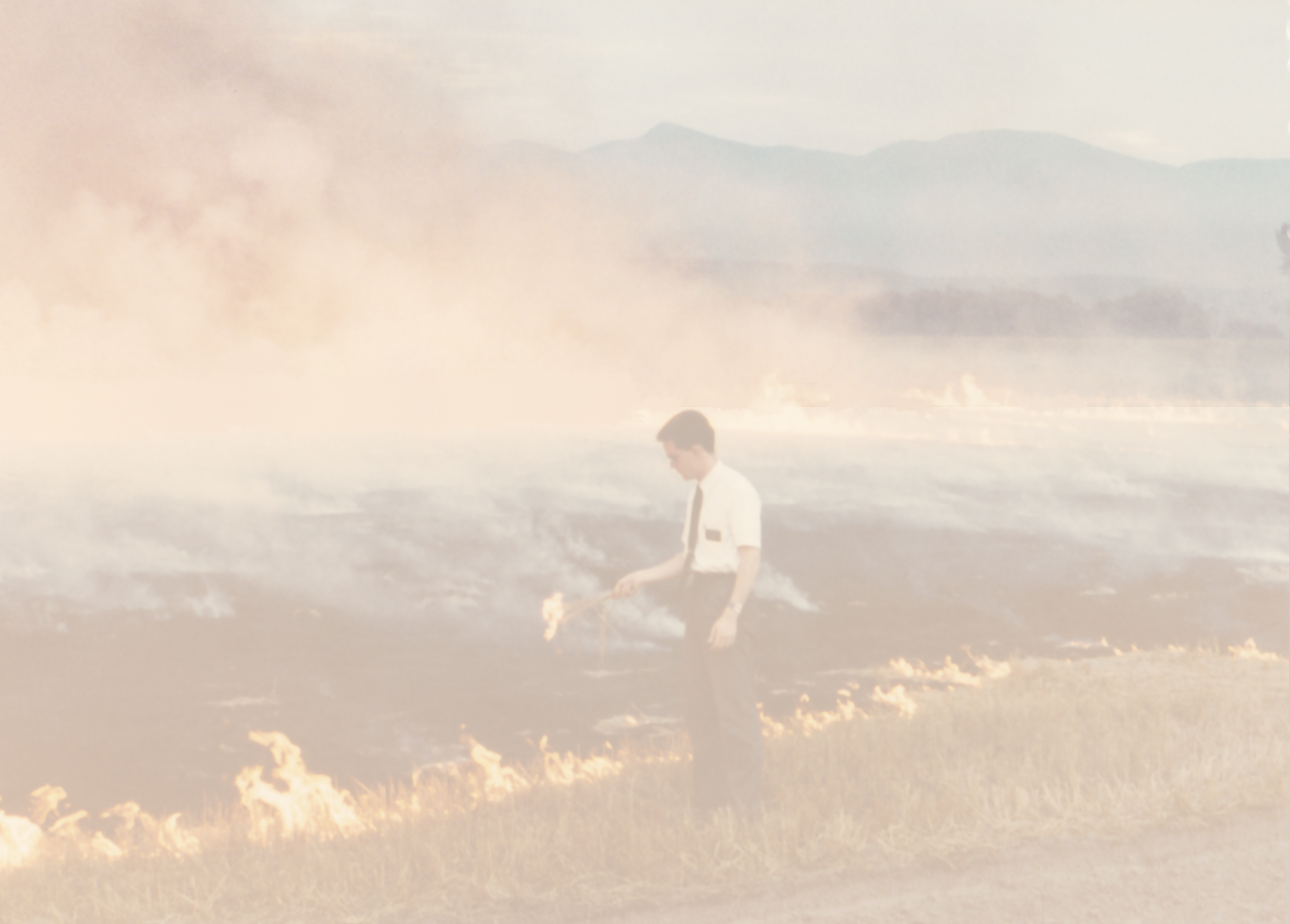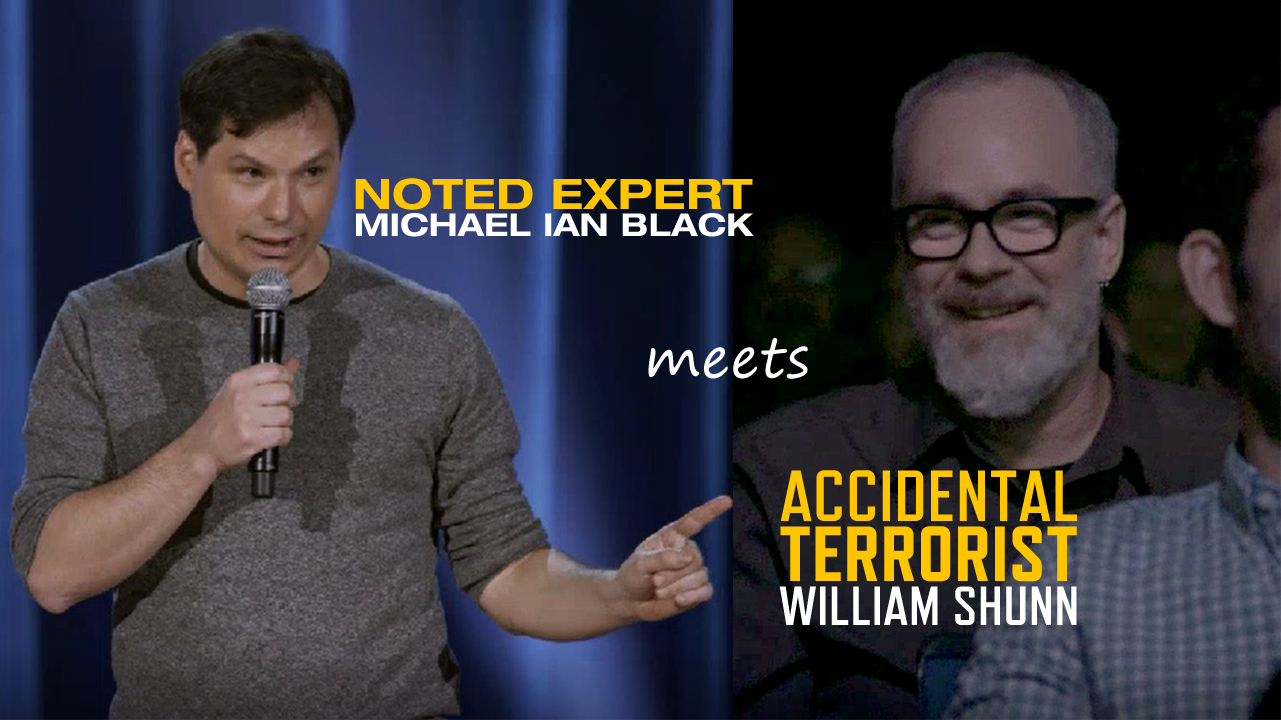Most writers, if asked what questions they field most frequently, will answer with something along the lines of "Where do you get your ideas?" or "What are your work habits?" Not so for me. The questions I get most often, at least from visitors to my Web site, are "What happened to that missionary story of yours?" and "Is it true you went back to being a Mormon again?"
For a period of about two years, I ran one of the more notorious anti-Mormon sites on the Web. The biggest draw was, no doubt, "Terror on Flight 789," the true story of my days as a Mormon missionary in Canada, and of how I was charged with terrorism and then deported. But readers of that story were often drawn into The Road to Apostasy, an ongoing and never-completed account of my life as a member of the Church of Jesus Christ of Latter-Day Saints—the Mormons—and of how I came to abandon my faith in that institution. I had completed only seven installments of The Road to Apostasy when I put it aside indefinitely—when, in fact, I removed all those religion-oriented writings from my Web site.
As long-time followers of this site will recall, that was around the time that I posted an essay entitled "The Devil's Advocate's Angel," about how my infatuation with a distant woman to whom I referred as Aimee had enticed me to have another go at Mormonism. And that was my last public word on the subject.
Until now.
My intent at the time—my fierce desire, in fact—was to offer up for public consumption no further accounts of my struggles with faith and disbelief. It was, and remains, my belief that there is little more pathetic than the writer who feels compelled to reveal all the minutiae of his life to a voyeuristic and unknowable audience. (And for the sake of clarity, let me point out that, while I may have been tending toward that extreme, I believe I stopped short of actually reaching it.) Selected elements must be revealed, certainly, but in the flood of confession the writer risks draining himself of the poetry, passion, and pain that is the lifeblood his art. Put another way, I stopped writing directly about myself in order that I might put myself back into my fiction, which had suffered mightily during those years.
My prolonged silence on the subject of religion, however, has placed me in an awkward position, in which my private self and the public perception of that self are wildly divergent. Not that outside perception must necessarily mirror reality, but in my case the two are now so widely separate that I fear my image stands for principles and philosophies with which my private self takes vehement exception.
The common perception among Mormons is that I have seen the error of my ways, humbled myself, and rejoined them on the trek to godhood. When old friends who have not corresponded with me in years write to me now, they celebrate my return to the fold with joyousness and a certain glee. They would kill the fatted calf and fête me if they could. The perception of my reconciliation with the religion of my youth has made me once again a fit candidate for association, and has justified, I feel certain, the continuing unexamined faith of many of the loudest celebrants.
The common perception among those on the other side of the fence is that I have returned to the bosom of the church, tail between my legs, and embraced again the precepts I once attacked with such fervor and abandon. They hold me up to the light, turn me this way and that, and examine me with the superior disdain a slipshod anthropologist might reserve for an interesting but obviously degenerate tribe of cannibals. The perception of my reconciliation with the religion of my youth has made me into the punchline of a particularly groan-worthy joke.
So what is reality? No attempt I make to answer that question will capture the truth with a perfect degree of accuracy, but I can say that the answer lies somewhere between those two extremes of perception, and perhaps a little ways left of the beaten track.
I did indeed revisit my affiliation with the Mormon church during the spring of 1998. I did so at the urging of a woman who was and remains no less confused about her religious leanings than was I at the time. I managed to get myself out to sacrament meeting three or perhaps four times that spring, but my interest in continued association with the church had waned even before I realized that Aimee's interest in me had waned to the point of nothingness.
But while my belief in Mormonism has dwindled and perished, it seems that my belief in God has survived—somewhat against my wishes, in a way. It seems, in fact, that this belief in God has always been there, no matter how many layers of rhetoric and obfuscation with which I've attempted to smother it—as those closest to me are fond of pointing out. For a whole host of reasons, I cannot accept Mormonism or its theology as anything but a misguided hoax filled with a lot of good people. For a whole host of other reasons, I cannot deny that I've always felt, and that I continue to feel, the influence of God in my life. I felt it even in the days when I denied his existence and his hold over me utterly.
To allow you, my readers, to believe anything else has been dishonest and an oversight—one which I've intended for many weeks now to correct, but which has been difficult to approach.
Where this reemergent belief will take me, I have no idea—and I'll confess quite frankly that I feel a certain amount of trepidation on that score, for with belief comes responsibility, and with responsibility . . . well, who knows what will come? What I do know is that my struggle with God and belief will remain central to my writing for the foreseeable future, and probably for years after that to come.
Before I close this confession, I feel it important to stress that, despite the fact that I still hold to many of the conclusions drawn in Terror on Flight 789 and The Road to Apostasy, there are elements of those earlier writings for which I have cause to feel great remorse—namely, the sadly disrespectful and uncomplimentary light in which I painted my family in those works.
As much as I take issue with the religion in which my parents raised me, I take no issue with my parents themselves. I love them very much, and as I struggle to repair my relationships with them, I want it known that I hold no animosity toward them, nor do I bear them any grudges. In fact, I'm very sorry for the great pain I know that I caused them, as a direct result of the calculated and callous way I portrayed them in my writings. While my struggle with my religion is my matter and mine alone to deal with how I see fit, any issues I may have had with my parents are our own, and my vicious grievances should not have been aired in public, as part of the sensational circus of confession to which I refer (shamelessly coopting a phrase coined by a friend) as the "great American freak parade." I apologize to them, and to anyone who felt uncomfortable or offended at having witnessed that display.
Having said that, it should be known that I will continue to examine and question my past and present religious choices in my writing, whether in fiction or otherwise. I understand that, having made this choice, my family will inevitably feel a certain amount of pain and distress, but my solemn intent is to limit that pain to what is to be expected when one member of a family chooses not to participate in the faith of the rest, and not to give any of those good people cause to feel that they have been personally slighted or attacked. We may differ in our approaches to God, but I pray we will continue to hone our approaches to one another until they are as closely in harmony as they can possibly be.
And now it's time for me to get back to work on the twelfth-odd draft of the screenplay adaptation of Terror on Flight 789. Thank you for your attention, and my sincerest hope is that you'll be interested enough to come back and see what I have to say on the subject next, however I may choose to say it.





